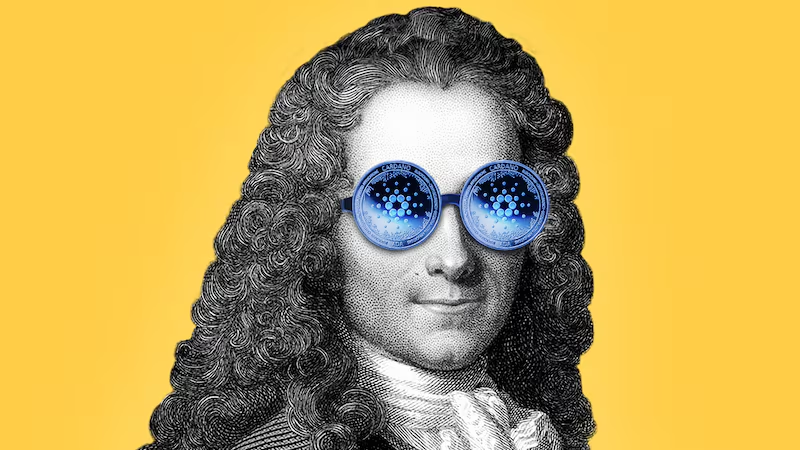Cardano’s Chang Hard Fork to Decentralize $13 Billion Blockchain

Quicktake:
- Cardano’s significant hard fork could occur by mid-July.
- The hard fork will transfer control of the blockchain to ADA token holders.
- A 70% node density is required for the hard fork.
- The change marks a shift to decentralized ownership for the project.
Cardano Set for Major Shift with Upcoming Chang Hard Fork
Cardano, a prominent blockchain platform valued at $13 billion, is on the verge of a pivotal transformation with an impending hard fork. This significant update is projected to take place as early as mid-July, contingent upon the blockchain achieving a 70% node density. This move will effectively decentralize the ownership of Cardano, transferring control from a centralized body to the broader community of ADA token holders.
The Road to Decentralization
Charles Hoskinson, Cardano’s founder, announced during a Sunday livestream that the network’s upgraded node, dubbed node 9.0, is prepared for release. This node upgrade is a prerequisite for the Chang hard fork and will be implemented next week, assuming no unforeseen complications arise. Named after Phil Chang, an early Cardano supporter who passed away two years ago, the Chang hard fork represents a significant milestone in the platform’s evolution.
For the hard fork to proceed, at least 70% of Cardano’s validators must upgrade to the new node version, achieving the necessary node density. Hard forks are major changes to a blockchain’s software, resulting in a new version that is not backward compatible with previous versions. This process has been undertaken by other major blockchains such as Bitcoin and Ethereum. Ethereum’s recent hard fork, for instance, transitioned the network from a Proof of Work to a Proof of Stake consensus model.
From Centralization to Community Control
Since its inception in 2017, Cardano’s development has been managed by three primary entities: the Cardano Foundation, EMURGO, and Input Output Global (IOG), Hoskinson’s blockchain development company. EMURGO serves as Cardano’s commercial arm, while the Cardano Foundation oversees the project’s ecosystem.
The upcoming Chang hard fork is designed to decentralize ownership, transferring control from these three entities to the community, akin to a Decentralized Autonomous Organization (DAO). This new governance model will empower ADA token holders to vote on changes to the blockchain, with ADA serving as the governance token.
Hoskinson reflected on this shift, emphasizing its significance in Cardano’s development. “It’s been almost 10 years and we’ve transitioned from a static and federated system to a dynamic and decentralized system with top-tier staking and a robust smart contract platform,” he said. “This hard fork represents the best in governance and strategy.”
The Voltaire Era: A New Chapter for Cardano
The Chang hard fork will usher in the fifth generation of Cardano’s blockchain, known as the Voltaire era. This follows the current Basho era and the previous Goguen era. Both Goguen and Basho introduced key features such as scalability and smart contract capabilities, laying the groundwork for the upcoming changes.
With the Voltaire era, ADA token holders will gain additional governance functions, including the ability to delegate voting power and manage the project’s treasury. These capabilities are common among DAOs and are crucial for maintaining a decentralized governance structure.
Looking Forward
The transition to decentralized ownership marks a significant milestone for Cardano, reflecting the platform’s growth and maturation. As the blockchain community eagerly anticipates the Chang hard fork, the move towards decentralization underscores Cardano’s commitment to evolving in line with the principles of blockchain technology.
Cardano’s journey from a centralized project to a community-driven platform is a testament to the potential of blockchain technology to create decentralized, democratic systems. As the Chang hard fork approaches, the broader blockchain community will be watching closely, eager to see how this significant change will unfold and what it will mean for the future of Cardano.
Osato Avan-Nomayo, our Nigeria-based DeFi correspondent, covers the latest in decentralized finance and technology. For tips or information on related stories, please reach out.



